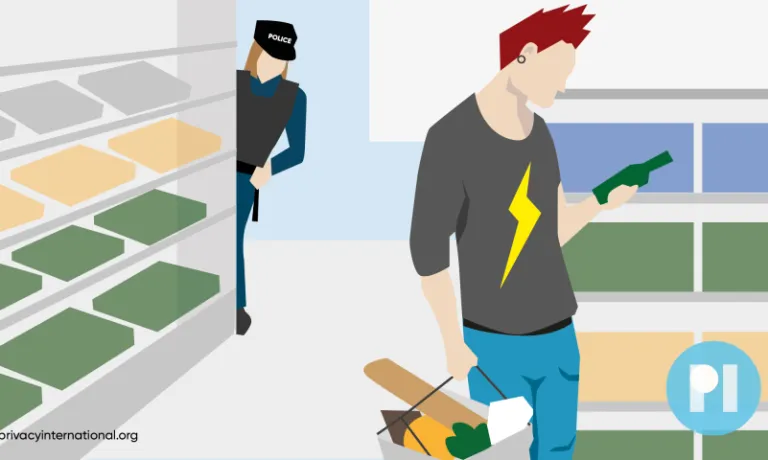
Long Reads


Q&A: EU's top court rules that UK, French and Belgian mass surveillance regimes must respect privacy
The Court of Justice of the European Union issued judgments in three cases in the UK, France and Belgium. We answer some of the main questions.
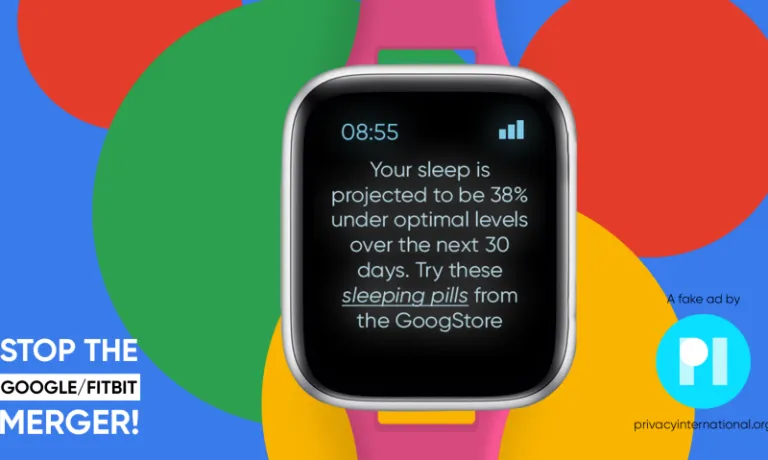
During summer 2020, over 2,500 people signed PI's public petition opposing the proposed Google/Fitbit merger. We sent the petition to the European Commission, who are yet to decide if the merger can proceed. The Commission responded by thanking petitioners for their concerns and cooperation, just as they opened a detailed phase 2 investigation into the merger.
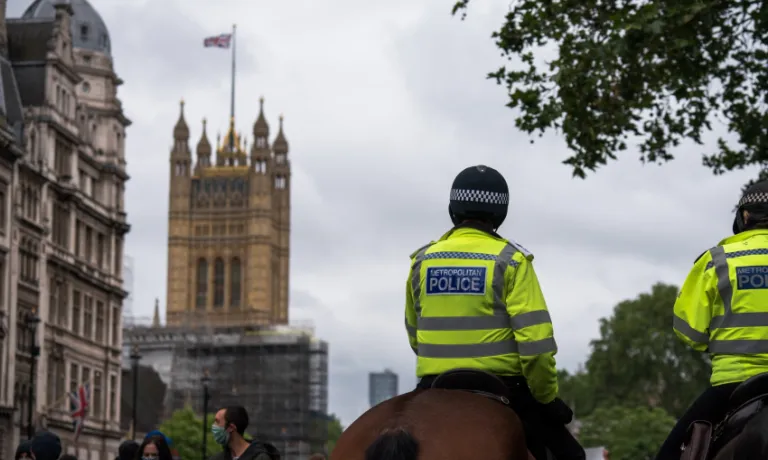
The Home Office development of the Law Enforcement Data Service (LEDS) is problematic and needs parliamentary oversight. Here's why we are concerned and what we are doing about it.
The Law Enforcement Data Service (LEDS) is a unified, common interface to a new mega-database currently being developed by the Home Office National Law Enforcement Data Programme (NLEDP). It might not sound like the most exciting thing in the world (and it isn't!) - but it will have a profound
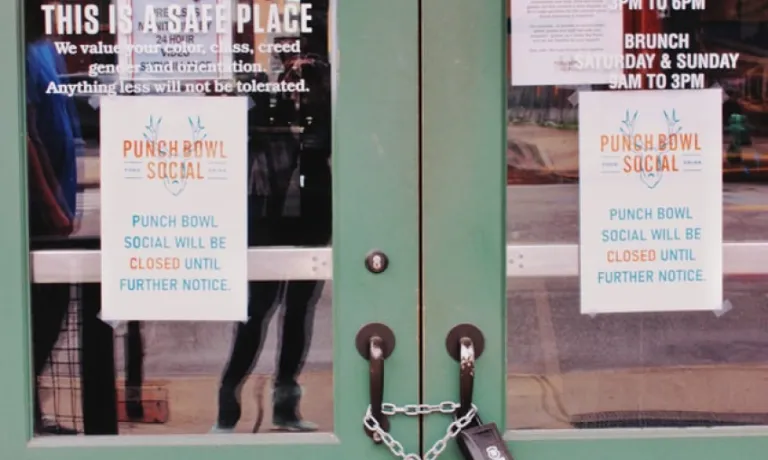
A digital ID that proves immunity will raise serious human rights issues. And the failure of the digital ID industry to deal with the issues of exclusion, exploitation and discrimination puts the entire industry under question.
Immunity Passports have become a much hyped tool to cope with this pandemic and the economic crisis. Essentially, with immunity passports those who are 'immune' to the virus would have some kind of certified document - whether physical or digital. This 'passport' would give them rights and
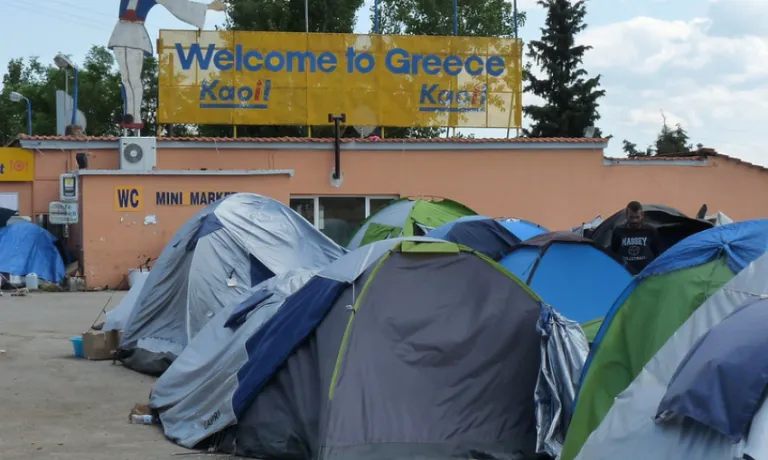
This article presents some of the tools and techniques deployed as part surveillance practices and data-driven immigration policies routinely leading to discriminatory treatment of peoplee and undermining peoples’ dignity, with a particular focus on the UK.

No Tech For Tyrants, a UK grassroots organisation, is explaining Palantir's involvement with the UK government, including their partnership with the NHS. They explore the concerns public-private partnerships between Palantir and governments raise , and what this means for our rights.
What Do We Know? In late March, the NHS quietly announced that it would give technology businesses access to unprecedented quantities of patient data for processing and analysis in response to COVID-19. One of those businesses is CIA-backed Palantir Technologies. Palantir’s software is allegedly
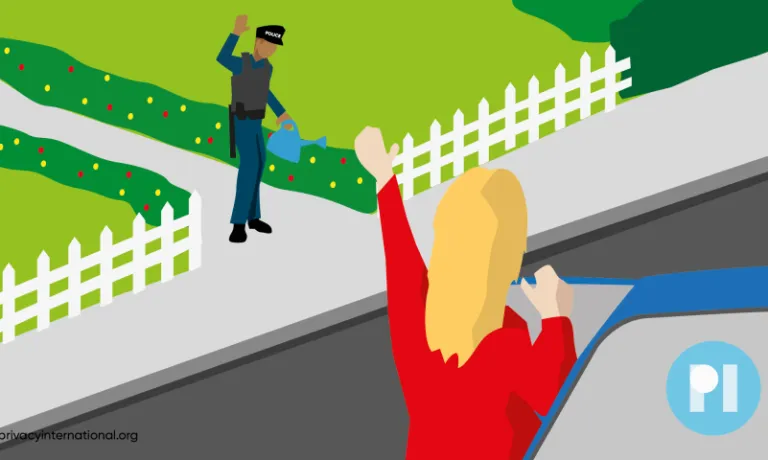
Surveillance partnerships between Amazon Ring and law-enforcement around the world create an interconnected surveillance network that poses a serious threat to our privacy and other freedoms.
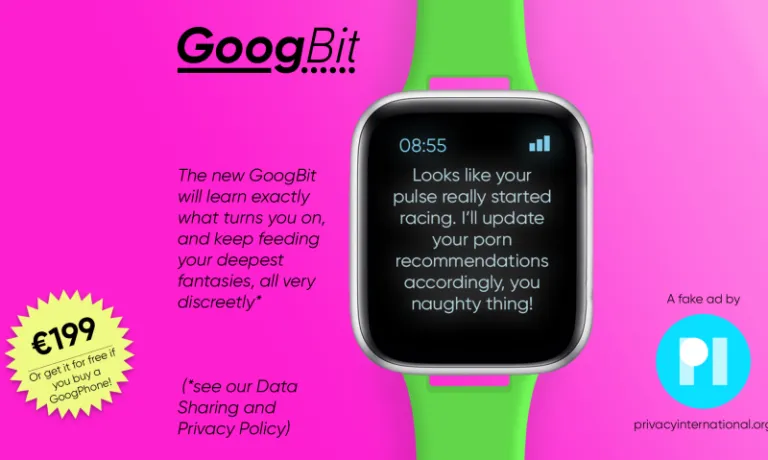
Let us fast forward to 2025, and spend a day in the life of Lila, a GoogBit user...
Monday, 16 June 2025 It’s 7:33 am. Lila’s GoogBit watch vibrates. “You got 6 hours and 57 minutes of sleep last night, including 2 hours and 12 minutes of deep sleep”, the watch reads. “In total, you tossed and turned for 15 minutes only”. Taking into account Lila’s online browsing activity, her

As migration continues to be high on the social and political agenda, Western countries are increasingly adopting an approach that criminalises people at the border. Asylum seekers are often targeted with intrusive surveillance technologies and afforded only limited rights (including in relation to data protection), often having the effect of being treated as “guilty until proven innocent”.
A recent report explains how the central German migration authority uses mobile phone extraction technology in the asylum application procedure, and why it is highly problematic.